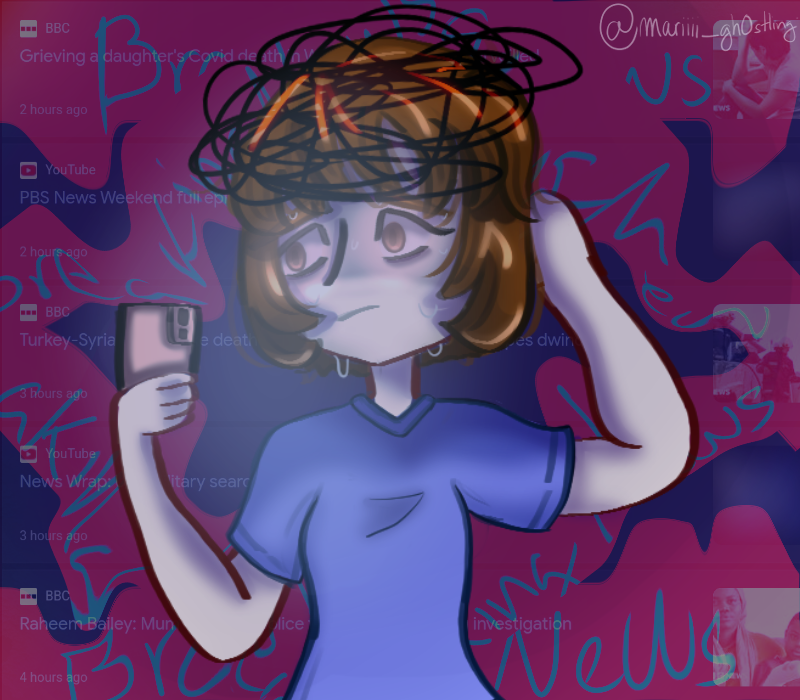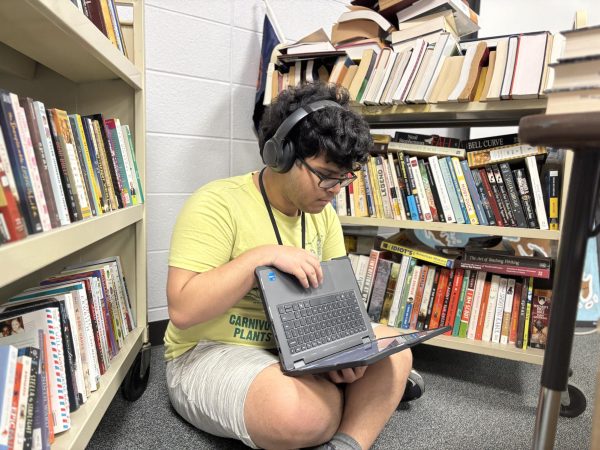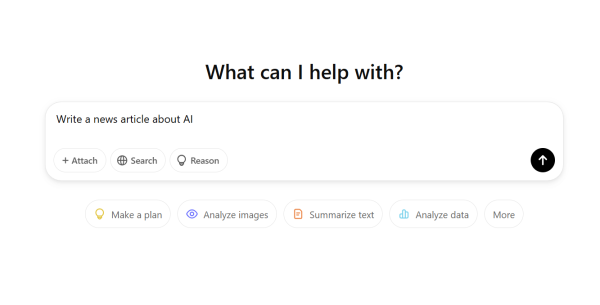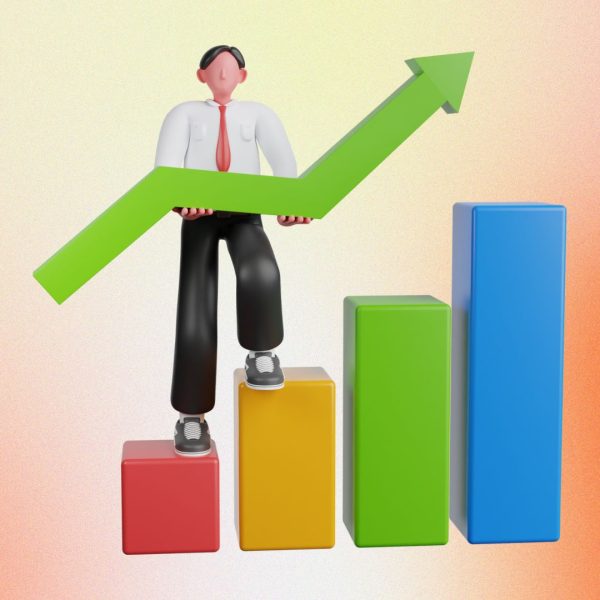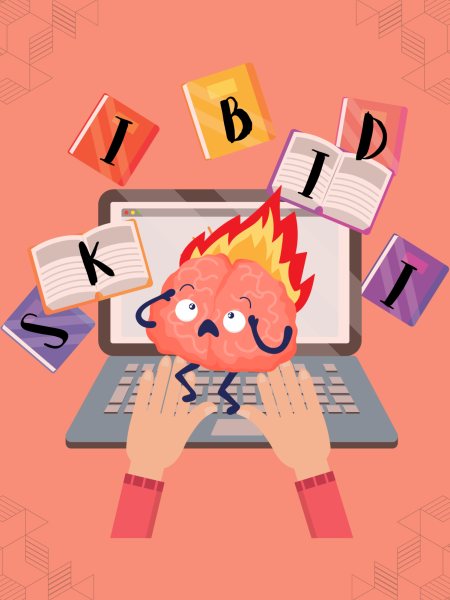The Case for Fighting News Fatigue
Tragedy buries tragedy anew.
New stories continuously take the places of the old, brought to us photo by photo, word by word, compounding to form accounts of suffering, rampant, and injustice even more so.
Yesterday’s story on a mass shooting becomes today’s news about the economic crisis, then tomorrow’s coverage of a war unfolding a continent away.
The dawning real world looms on the horizon, but remaining in a bubble, turning away from the real world and toward the chaos of our own lives – a test next period, a conversation with a friend – is easy, comfortable; news fatigue is effortless to fall into.
Yet when we do so, when we choose to embrace privilege, we in effect limit ourselves to ignorance and limit our later ability to make change happen in society. In this is a viable, meaningful case for fighting news fatigue.
It is crucial to maintain the ability to acknowledge our horror, shock, and despair at tragedy and disaster. Otherwise, do we condone injustice when we banish it from our minds? Are we dismissing suffering simply through the act of turning our phones off? When we normalize, we condone. And it is not acceptable to normalize mass shootings. We cannot condone environmental destruction, grow accustomed to injustice, or idly watch as suffering paves its way through society.
Additionally, when we choose to blind ourselves to the world around us, we may temporarily be spared the emotional burden of seeing bad news, but we also lose the opportunity to embrace the good news, however rare it is. The beauty in good news is what we strive toward, universally, from environmental protection victories to small moments of human kindness and hope brought to us through the same platforms that bring us news of cruelty and tragedy. No matter how vicious the news cycle is, when we look back, it is how we resisted, persisted, and went on in spite of tragedy and injustice that is remembered and to be celebrated.
Fighting news fatigue means being uplifted by knowledge, finding appreciation for the life one has and love for others, not sharing their pain but knowing that it exists. It is a delicate balance to strike: to feel, yet not despair. But a life without empathy, of living in the comfort of one’s privilege, is without much meaning.
Don’t let knowledge pull you down – instead, carry it with you, and when you can, lighten the burden not by turning away but by shedding it with the power of empathy. When the world is ugly and cruel, that doesn’t mean we stop striving toward beauty – it doesn’t mean kindness is no longer an option. It just means it’ll take some work on all of our parts to get there.
Tragedy is commonplace, but its ubiquity cannot create complacency – where grief tears us apart, we must rally together, because the alternative is stagnance. When empathy dulls, when grief quiets, suffering stretches on. When we are angry and let empathy push out a call for justice, what has been stagnant is forced to change. All that we feel has power.
Fighting news fatigue means fighting the sense of helplessness that grief, fear, or shock inspires – it means instead embracing the role we can play as individuals, not in headlines but in life. It is a battle worth fighting.
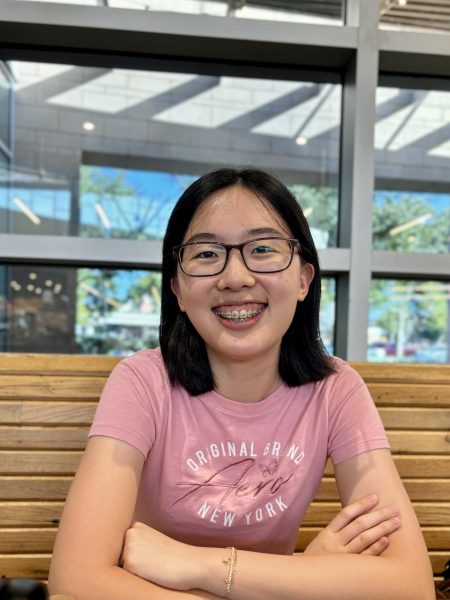
Hi there! My name is Karen and I’m a senior this year. I am so excited to be back for another year on the RoundUp! I’m passionate about topics like...

